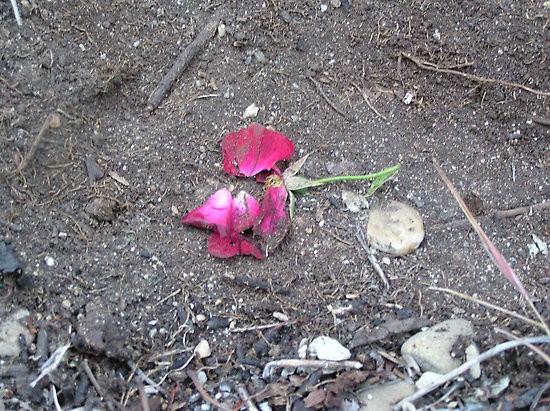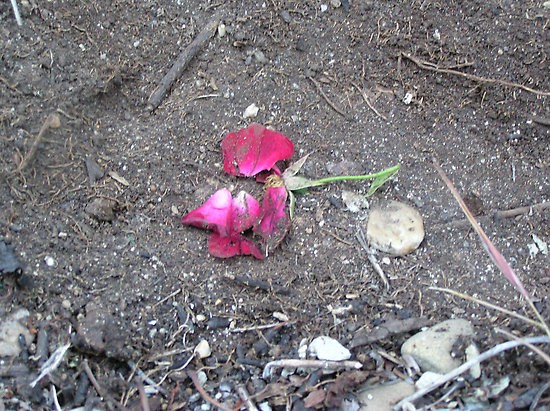Zadie Smith on Spring, Climate Change, Apocalypse


Sing an elegy for the washed away! For the cycles of life, for the saltwater marshes, the houses, the humans — whole islands of humans. Going, going, gone! But not quite yet. The apocalypse is always usefully cast into the future — unless you happen to live in Mauritius, or Jamaica, or the many other perilous spots. According to recent reports, “if emissions of global greenhouse gases remain unchanged,” things could begin to get truly serious around 2050, just in time for the seventh birthday party of my granddaughter. (The grandchildren of the future are frequently evoked in elegies of this kind.) Sometimes the global, repetitive nature of this elegy is so exhaustively sad — and so divorced from any attempts at meaningful action — that you can’t fail to detect in the elegists a fatalist liberal consciousness that has, when you get right down to it, as much of a perverse desire for the apocalypse as the evangelicals we supposedly scorn.
[…] What shall I tell my seven-year-old granddaughter? Her teachers will already have explained that what was happening to the weather, in 2014, was an inconvenient truth, financially, politically — but that’s perfectly obvious, even now. What she will want to know is why this movement took so long to materialize. So I might say to her, look: the thing you have to appreciate is that we’d just been through a century of relativism and deconstruction, in which we were informed that most of our fondest-held principles were either uncertain or simple wishful thinking, and in many areas of our lives we had already been asked to accept that nothing is essential and everything changes — and this had taken the fight out of us somewhat.
Zadie Smith, only you can do this, and do it so, so well. [NYRB]